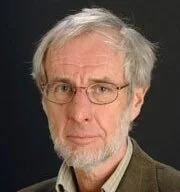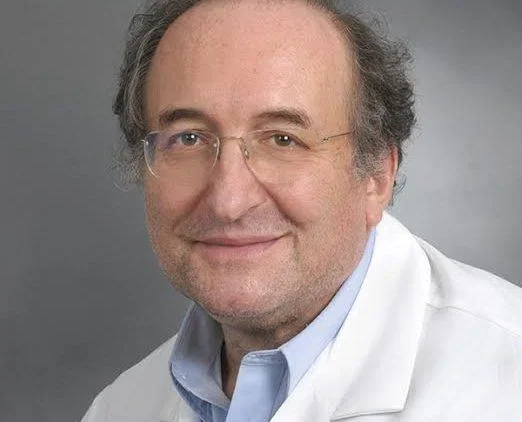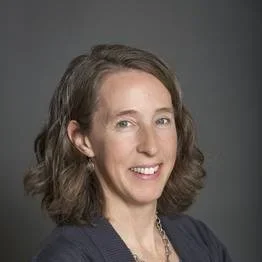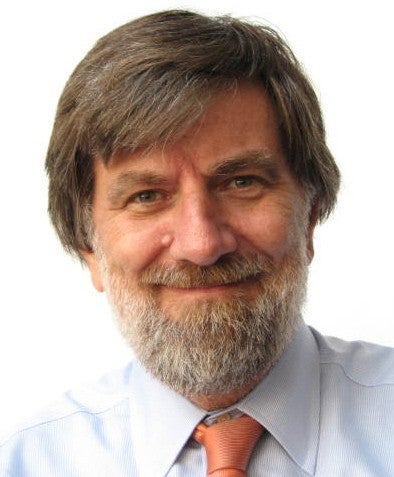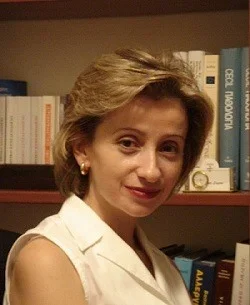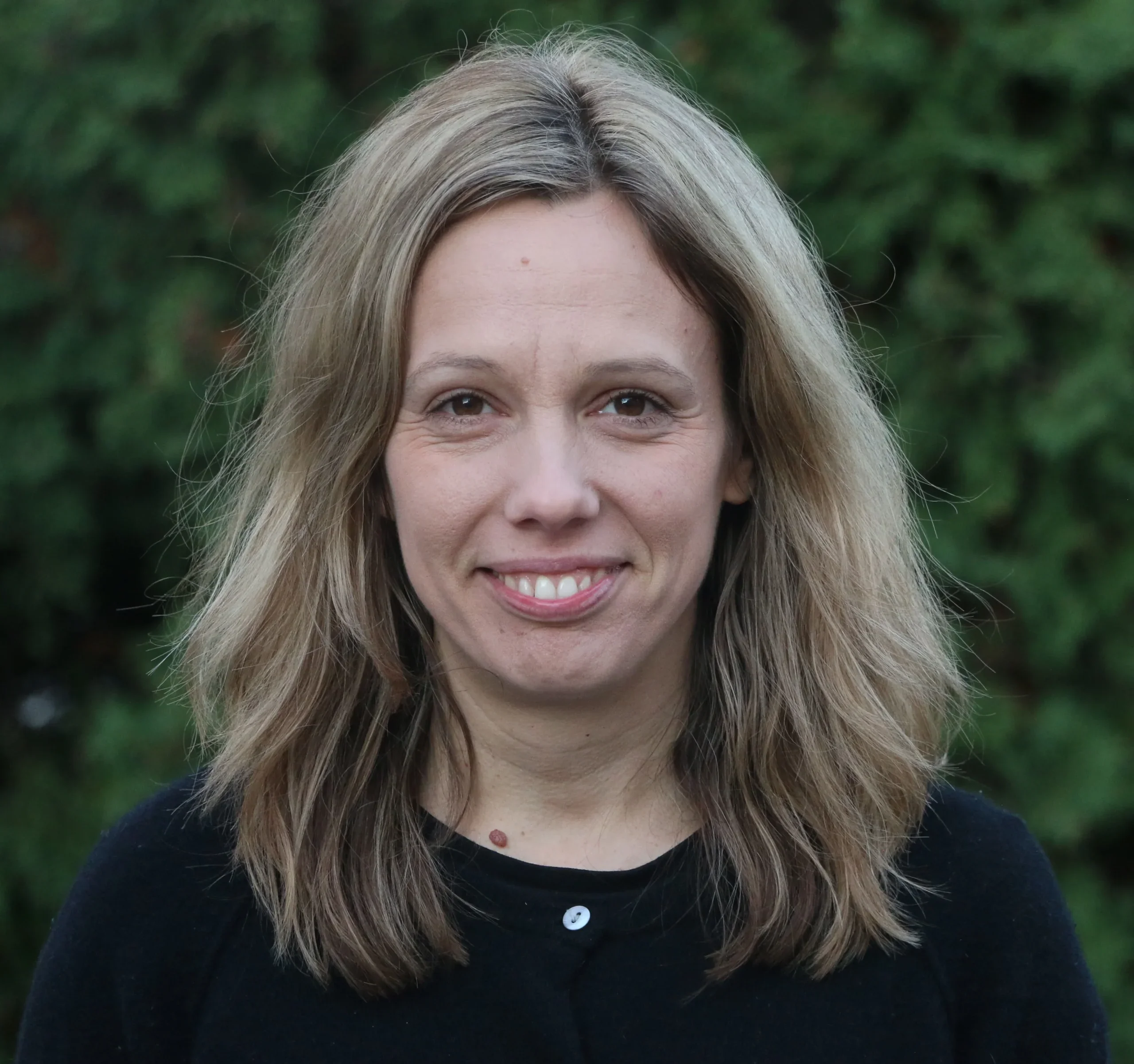Department of Epidemiology
Learn how we advance public health globally by researching the frequency, distribution, and causes of human disease, and shaping health policies and practices.
677 Huntington Avenue
Kresge, 9th Floor,
Boston, MA 02115
Cancer Epidemiology
By identifying risk factors, such as genetic, environmental, lifestyle, and occupational influences, cancer epidemiology seeks to inform prevention strategies, early detection, survivorship, and public health policies.
Globally, 20 million people are diagnosed with cancer each year. Cancer epidemiology is an area of public health research that studies of the distribution, determinants, and frequency of cancer within populations. This field of research aims to understand the various factors that contribute to the development and spread of cancer. More recently, cancer epidemiology also includes the study of risk factors of survival and survivorship after a cancer diagnosis.
The Harvard Chan School’s Cancer Epidemiology program is a leader in providing students with a multidisciplinary academic, research, and applied program. Highlights of the program include:
- It provides a breadth of courses on cancer research methodology, substantive courses on cancer epidemiology and prevention, as well as courses on genetic epidemiology and biomarkers
- These courses aim at enhancing the skills and training of cancer epidemiologists through the integration of biologic, environmental, and contextual factors into a deeper understanding of disease etiology and survival, and for translation into cancer control
- Students and fellows work closely with our distinguished faculty who are conducting cutting-edge research into the lifestyle, environmental, and genetic factors that influence both cancer incidence and survival with studies both in the U.S. and globally
- Faculty research covers a broad array of malignancies including breast, colorectal, lung, nasopharyngeal, hematologic, ovarian, endometrial, and prostate cancers
- A major focus of the work is integrative and multidisciplinary, conducted with colleagues in biostatistics, molecular pathology, cancer biology, genetics and immunology
- Integration with the world-renowned Dana Farber/Harvard Cancer Center enhances opportunities for collaborations with colleagues at other Harvard Medical Area institutions (e.g., Mass General Brigham, the Broad Institute, and Dana-Farber Cancer Institute). This allows researchers to leverage unique data resources, most notably several large prospective cohort and case-control studies based at Harvard.
Learn more about our faculty below:

